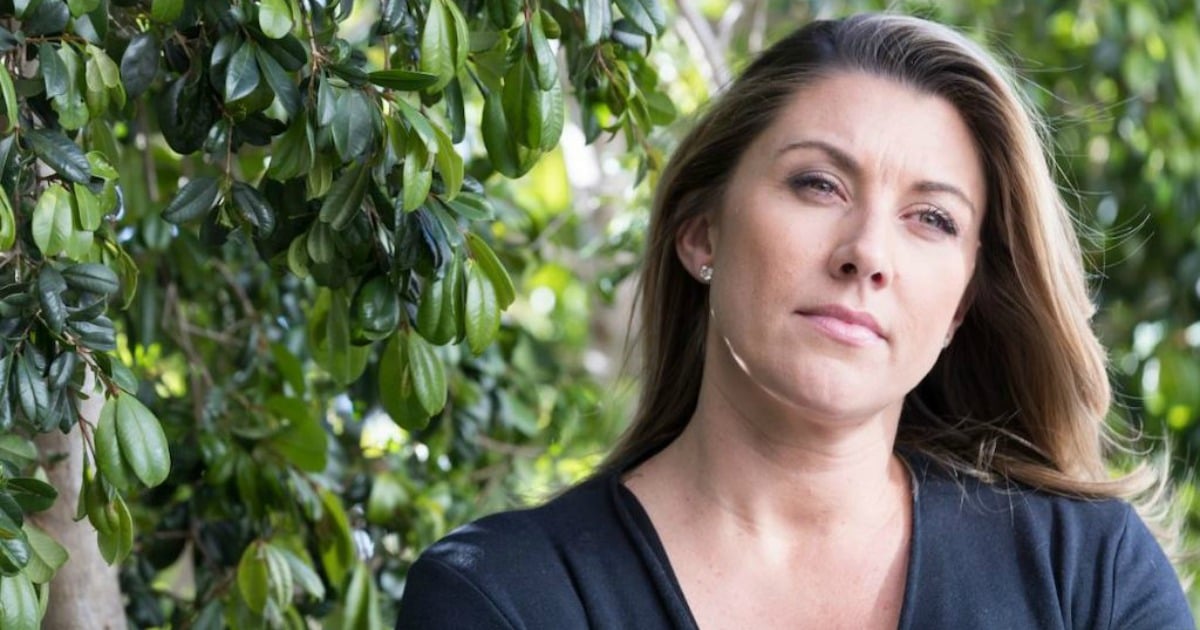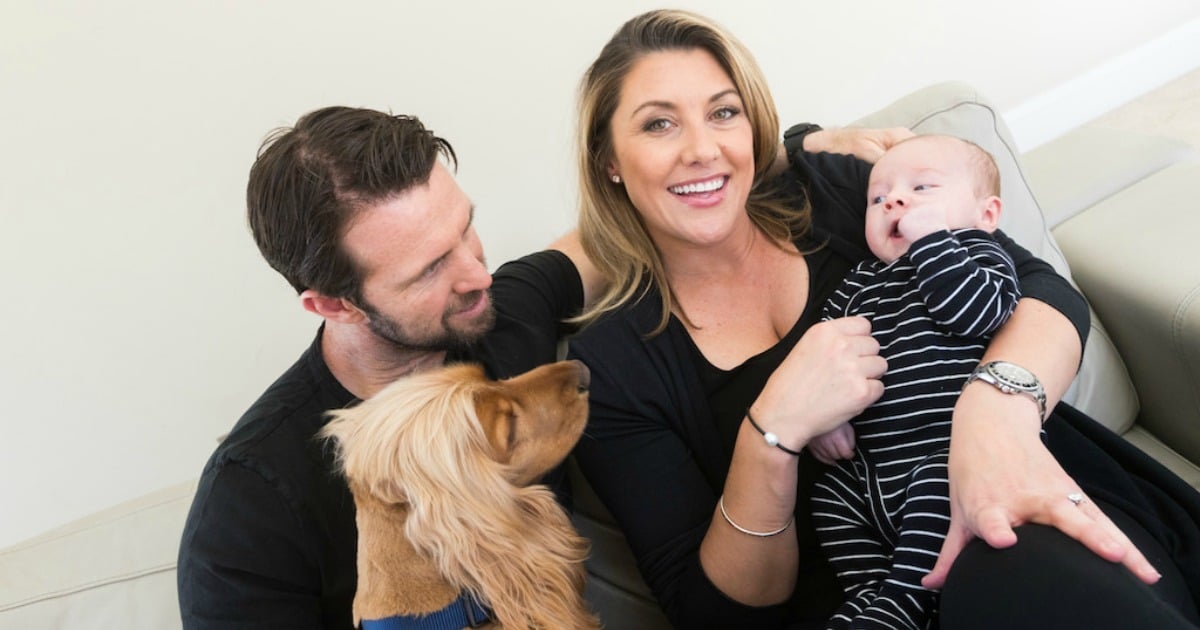What is an alcoholic? Is it a homeless man lying on a park bench drinking cheap wine from a paper bag? Is it a deviant who doesn’t engage in society?
Let me smash those stereotypes.
I had a good job, was high functioning, educated and didn’t wake up in the morning and reach for a drink, so the label didn’t apply to me. Perhaps that’s why it took me so long to seek help.
By then, I had 20 years of problem drinking under my belt. It started out as binge drinking at 14 years old and ended up with me hiding at home alone imbibing bottle after bottle at night. I blacked out more than I was lucid.
In my early thirties, my drinking hit a new low. I ended up in hospital a few times, I was in debt, I was afraid to attend social functions because I truly didn’t know what would happen after my first drink. Life had become ‘unmanageable’.
Talitha Cummins didn't fit the alcoholic 'stereotype'. But she still needed help. (Image supplied)
I’d like to say that’s when I stopped, but I didn’t.
It was a conversation with my Chief of Staff at work that was the catalyst for change. I will be forever grateful she had the courage and heart to confront me.
That was four years ago. I’ve been sober ever since.
Rock bottom for one person may be different for another. Each story of recovery is different.
For me, it was the fact my ‘work façade’ had crumbled and people had noticed. For someone else, it could be losing their house or separating from their partner.



Top Comments
My best to her and anyone else whose life has been affected.
Talitha, you are a member of the best club/fellowship in the world. It means you can go anywhere, any city, any little country town, any country and feel right at home.
You have a blueprint for living - The Twelve Steps, the One Day at a Time; you learn to 'accept the things you cannot change', you learn you can look at yourself and not everyone else.
You paid a high price to become a member, but there you find a way of living, unknown to most people.
It's a gift.